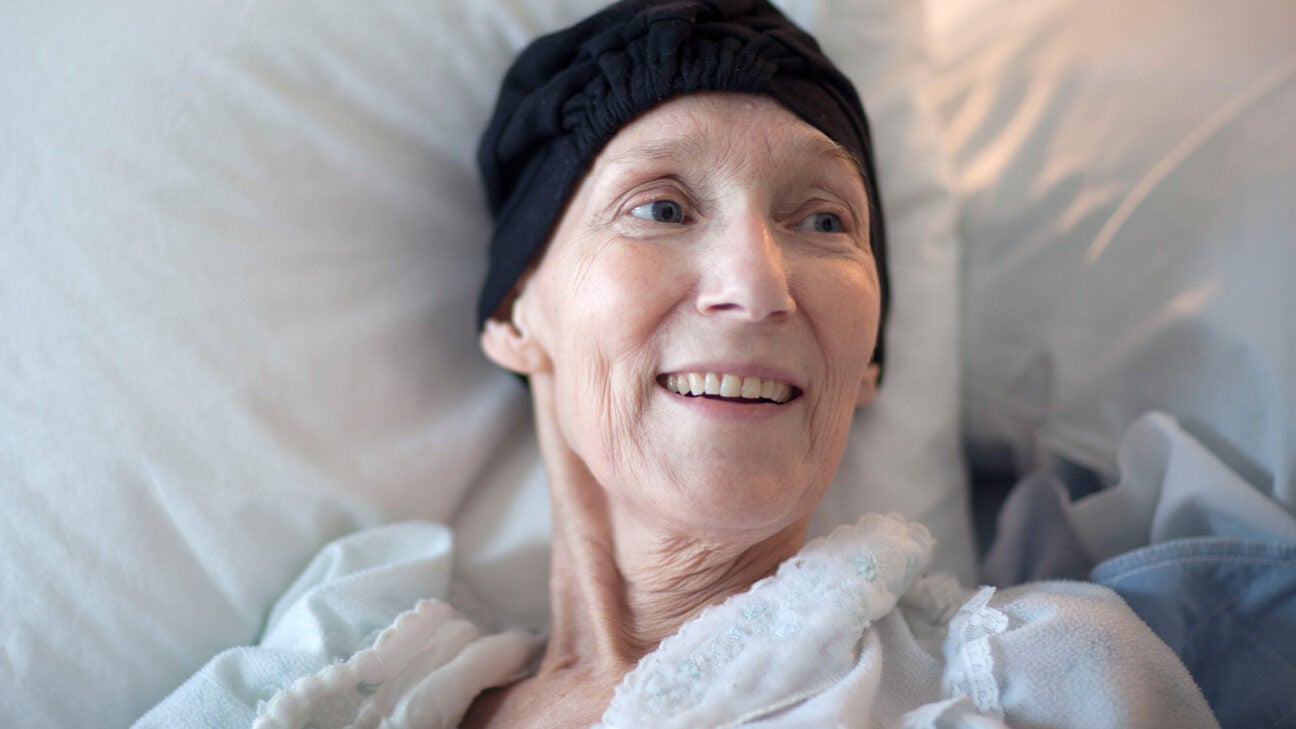
- Researchers say new advancements are being made in detecting and treating brain cancer.
- Experts say the new field of liquid biopsies is providing an easier and safer way to diagnose brain cancer.
- They add that new treatments, including CAR T-cell immunotherapy, are showing promise.
Brain cancer is among the most difficult cancers to detect and treat.
Conventional screening methods — imaging and tissue biopsy — can be problematic because of the risks of harming the brain.
But scientists’ efforts to detect brain cancer earlier and more safely and to find better treatments are moving forward.
“We’re making progress, but the brain cancer survival rate has not increased in 30 years while survival rates for so many other types of cancer have,” Lance Kawaguchi, the chief executive officer of the Cure Brain Cancer Foundation, told Healthline.
For Kawaguchi, an executive leader with more than 25 years of global finance and banking experience, the efforts to defeat brain cancer are personal.
When his mother, a school teacher for more than 40 years, died of cancer in 2016, Kawaguchi dedicated his life to finding new treatments for cancer and supporting earlier cancer detection.
Brain cancer tops his list of priorities, he said, because of the many challenges it poses and because it is among the most common and the most deadly cancers in young people.
“I’ve seen families destroyed,” said Kawaguchi, who is also the chairman of the Asian Fund for Cancer Research. “The brain is so complex, and current treatments can leave you speech impaired. Some people can’t breathe. With [central nervous system] and brain cancers, the quality of life deteriorates exponentially.”
Kawaguchi’s Foundation recently launched the world’s largest brain cancer-dedicated clinical accelerator program to help move drugs from the lab to the clinic.
Brain cancer and liquid biopsies
Kawaguchi has focused much of his time recently on liquid biopsies, which identify biomarkers in the blood and other bodily fluids that hold vital information about the presence of cancer in the body.
“I believe this technology will save lives,” he said.
While liquid biopsy has been a fast-growing sector, only in the past year have there been real breakthroughs in liquid biopsies for brain cancer.
Dr. Umberto Malapelle, the chair of the predictive molecular pathology laboratory and scientific secretary of the International Society of Liquid Biopsy in the Department of Public Health at the University Federico II of Naples, Italy, told Healthline that as liquid biopsies advance in the lab and in trials, better treatments will follow.
“Advances in liquid biopsy for brain cancer can lead to new and better treatments because it can help us to better understand the molecular landscape,” Malapelle said.
“Liquid biopsy enables researchers to go beyond the predictive molecular pathology to evaluate the molecular status of clinically relevant biomarkers in order to assess the best treatment options,” he added. “Liquid biopsy has demonstrated the possibility to be adopted in cancer screening, early detection, and cancer interception, but also in monitoring minimal residual disease.”
New diagnostic promise for brain cancer
Currently, doctors diagnose medulloblastoma, the most common type of cancerous brain tumor in children, with imaging and tissue biopsies.
However, researchers at Johns Hopkins Kimmel Cancer Center in Maryland report that it may soon be possible to identify the presence of medulloblastoma simply by studying a person’s cerebrospinal fluid.
Ranjan Perera, Ph.D., is the director of the Center for RNA Biology at Johns Hopkins All Children’s Hospital in St. Petersburg, Florida, and is also the author of a study on medulloblastoma published earlier this year in Acta Neuropathologica Communications.
He told Healthline that this technology is the first comprehensive, integrated molecular analysis of the cerebrospinal fluid in people with medulloblastoma.
“This is a great and exciting new step forward in improving patient outcomes, but more funding is needed for successful research and medical advances in the future,” he said.
Existing drugs with a new purpose
Early research into CAR T-cell immunotherapy as a potential treatment for brain cancer has also been promising.
CAR-T is best known for its success in blood cancer treatment.
On its website, the City of Hope states that “CAR-T has the potential to harness the body’s own natural defenses to destroy brain tumors and prevent them from coming back.”
Meanwhile, Selinexor(Xpovio), an oral medication approved for diffuse large B-cell lymphoma (DLBCL) and myeloma, is showing positive results in recurrent glioblastoma, according to clinical trial data published in the journal Clinical Cancer Research.
“Considering that few treatments have any measurable effect on recurrent glioblastomas, the results are encouraging,” Dr. Andrew Lassman, a study leader and a professor of neurology at Columbia University Vagelos College of Physicians and Surgeons as well as the chief of the Neuro-Oncology Division at Columbia University Irving Medical Center/NewYork-Presbyterian, said in a press statement.
“The drug induces a response in certain patients and several trial patients stayed on selinexor for more than 12 months, including one for more than 42 months,” he added.
Brain Cancer: The Latest Advancements on Diagnostics, Treatment
Source: Pinoy Lang Sakalam



0 (mga) komento:
Mag-post ng isang Komento